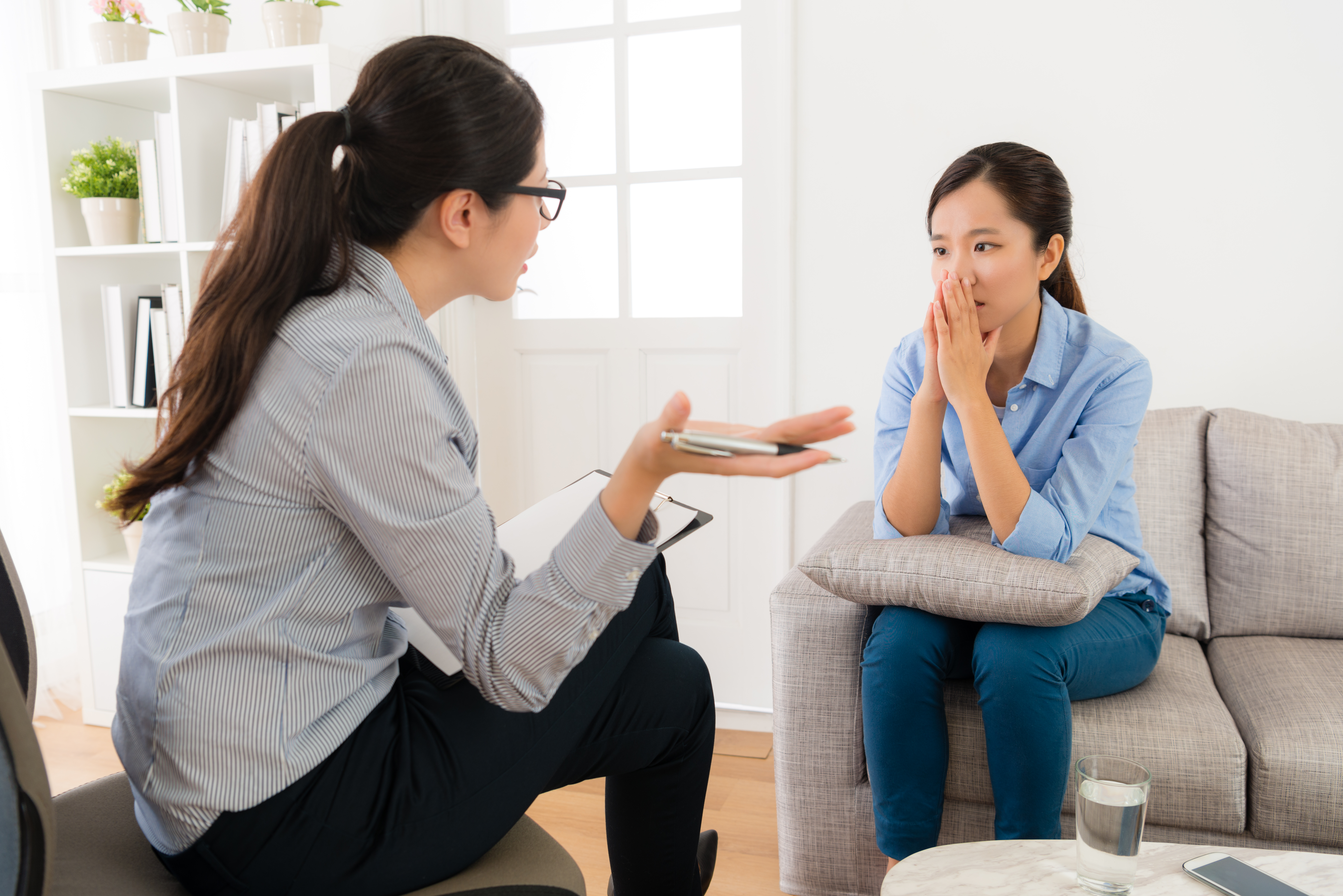Dangers of Using Drugs to Cope
What Is Self-Medicating?

Contact Profound Treatment to Learn More
Our team is standing by to discuss treatment options with you. Your call is completely confidential and no obligation is required.
Overview of Self-Medication
Self-medicating is using drugs or alcohol to alleviate symptoms like physical pain or emotional distress in ways not directed by a doctor. The use of addiction as a coping mechanism can look like:
- Self-medicating with alcohol to overcome anxiety
- Using a stimulant to feel energized or focused
- Using alcohol to cope with depression
- Treating pain with someone else’s prescription medication
Forms of Self-Medication
Self-medication can start out mildly but progress when low substance use no longer brings relief. Addiction and self-medicating are closely related, and it can be difficult to stop drug abuse once it has started. Forms of self-medication include alcohol, prescription or recreational drugs, and nicotine.
Do You Use Alcohol or Drugs as a Coping Mechanism?
- Childhood trauma and other traumas
- Grief and other intense emotional experiences
- Chronic illness
- Mental health disorders
How Does Stress Influence Substance Misuse?
When Is Self-Medication a Problem?
- Lack of interest in natural help for anxiety or depression
- Neglect your physical care and hygiene
- Have cravings or urges for using drugs or alcohol
- Need drugs or alcohol more frequently throughout the day
- Feel angry or irritable when substances aren’t available
- Avoid social situations where drugs or alcohol are not present
- Stay away from friends and family members
- Experience consequences with work, school, or relationships because of substance use
One of the most important warning signs you are self-medicating is that your emotional health is getting worse, not better. Are you experiencing an increase in anxiety after drugs wear off? Do you feel symptoms of depression after stopping the use of weed? If drug use was truly helpful, you would be experiencing an improvement in your mental health, not a decline.
Dangers of Using Drugs to Cope
- Worsening mental health symptoms
- Dangerous interactions with prescription medications
- Triggering new mental health symptoms
- Not knowing how to seek help
- Developing a dependence or addiction
Self Medication in the United States
- Cocaine is responsible for one in five overdose deaths in the U.S.
- Opioid use (prescription and illegal) is the number-one cause of overdose deaths in the U.S.
How to Stop Self-Medicating
If you are coping with drugs, the first step is to recognize you have a problem. Speak with your doctor or mental health professional if you are feeling depressed, anxious, or have any other symptoms that are a result of self-medication. You can learn how to develop healthy coping strategies that will serve you for a lifetime and won’t put you at risk for an addiction disorder. Ways to cope with addiction and self-medication may include:
- Therapy
- Outpatient or inpatient treatment
- Peer support groups
- Medical support (treating chronic pain and medically assisted detox)
- Learning new coping strategies
- Drugs to help with addiction (these are beneficial only under medical supervision and advisement)

Get Help to Stop Self-Medicating at Profound Recovery
Contact Profound Recovery for more information on ways to cope with addiction. Helping someone with substance abuse issues isn’t an easy thing to do, but it will help you live a healthier and happier life.
Useful Links
Licensed by the State Department of Health Care Services.
Profound Healing Centers License No: 191092BP Exp. 5/31/26 (current/active)
Profound Healing Centers License No: 191092AP Exp. 7/31/25 (current/active)
Profound Treatment License No: 191047CP Exp. 1/31/27 (current/active)
Profound Treatment License No: 191047AP Exp. 8/31/26 (current/active)
Profound Treatment License No: 191047EP Exp: 3/31/26 (current/active)
Profound Treatment License No: 191047DP Exp. 9/30/25 (current/active)
Click here for more information about DHCS licensing.
| Start your healing today>> | |
|---|---|
| (310) 929-9546 |







